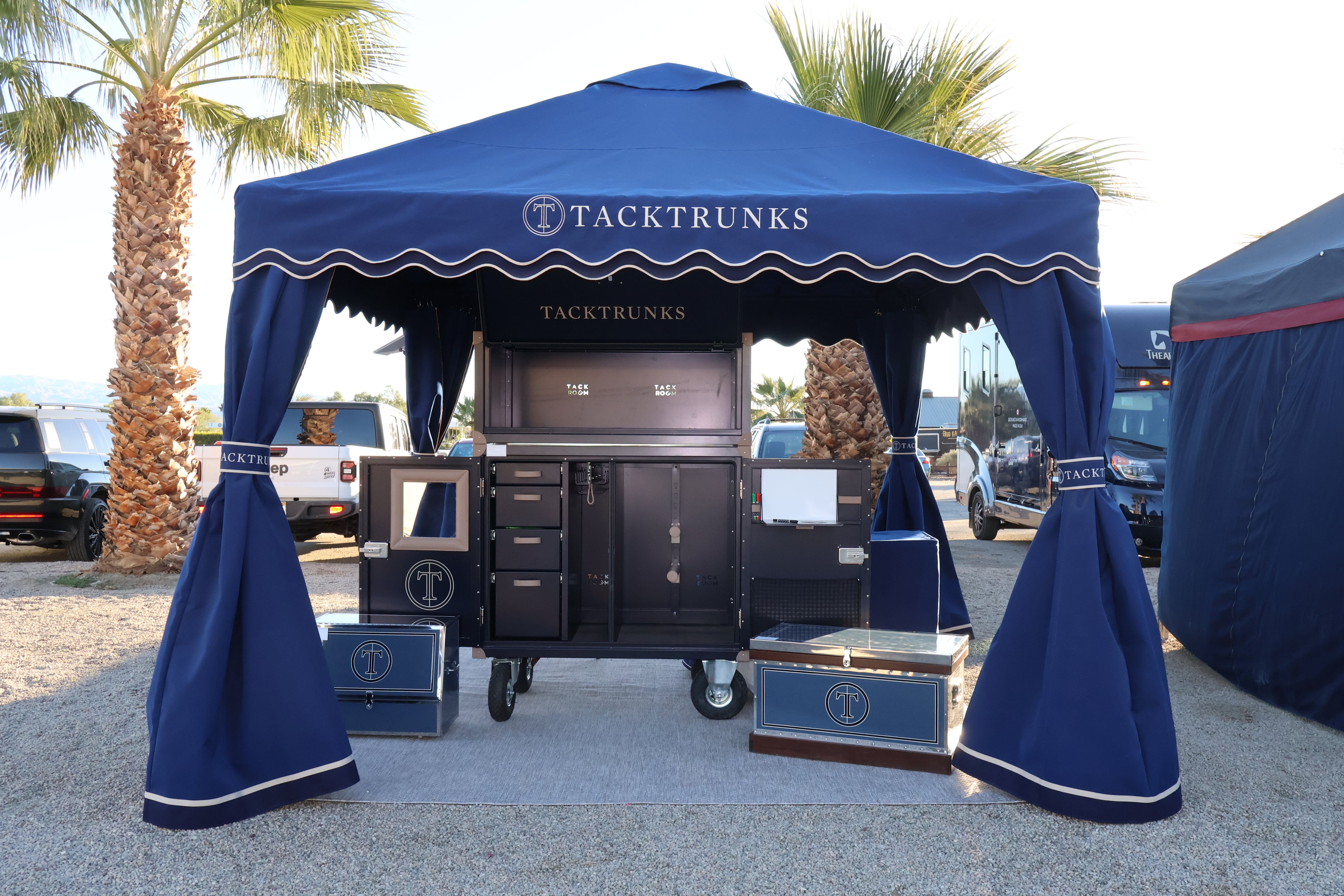When it comes to custom horse stall guards or webbings, choosing the right material is crucial for ensuring the safety, comfort, and convenience of both horses and handlers. Fabric and vinyl stall guards are two popular options, each with its own set of advantages and disadvantages. In this article, we will explore the key differences between fabric and vinyl stall guards to help you make an informed decision.
Fabric Stall Guards
Advantages
-
Flexibility and Comfort: Fabric stall guards are often more flexible than their vinyl counterparts. This flexibility can make them more comfortable for horses, as they can lean against the guard without feeling a hard surface.
-
Customizability: Custom fabric stall guards are available in various fabric colors, and you can embroider any number of designs. This allows for customization to match the aesthetic of your barn or stable.
-
Lightweight: Being lighter in weight, fabric stall guards are easier to handle, install, and transport. This can be particularly advantageous for temporary setups or for those who frequently move their stalls.
Considerations
-
Durability: Fabric stall guards may not be as durable as vinyl. They can be more susceptible to wear and tear, especially if the horse chews or is a messy eater.
-
Maintenance: Fabric can be harder to clean and may absorb odors over time.

Vinyl Stall Guards
Advantages
-
Durability: Vinyl stall guards are known for their durability. Our phoenix west guards are a solid, thick vinyl.
-
Easy to Clean: Vinyl is a non-porous material, which makes it easy to clean.
-
Weather Resistance: Vinyl stall guards are less affected by weather conditions. They do not absorb moisture and are resistant to mold and mildew, making them suitable for outdoor use or in humid environments
- Custom Colors: If you don't see the color you are wanting from our standard options, we can color match to Pantone colors for an additional fee.
Considerations
- Flexibility and Comfort: Vinyl stall guards are generally less flexible than fabric ones. This can make them less comfortable for horses to lean against, potentially causing discomfort over time.
- Aesthetic Options: While vinyl stall guards are available in different colors, and can be color matched for an additional price, they may not have the same level of custom design that can be placed on them.
Key Considerations
When choosing between fabric and vinyl stall guards, consider the following factors:
-
Horse Behavior: If your horse is prone to making a mess with their food, vinyl guards may make more sense.
-
Maintenance: Consider how much time and effort you are willing to invest in cleaning and maintaining the stall guards.
-
Aesthetics: If you have a specific color scheme or design preference for your barn, one choice may make more sense than another.
-
Budget: While both types of stall guards are available at various price points, consider the long-term cost of replacement and maintenance.
Conclusion
Both fabric and vinyl stall guards have their unique benefits and drawbacks. By carefully considering your specific needs and the behavior of your horse, you can choose the stall guard that best fits your situation. Whether you prioritize durability, comfort, ease of maintenance, or aesthetic appeal, there is a stall guard option that will meet your requirements and contribute to a safe and pleasant environment for your horses.



